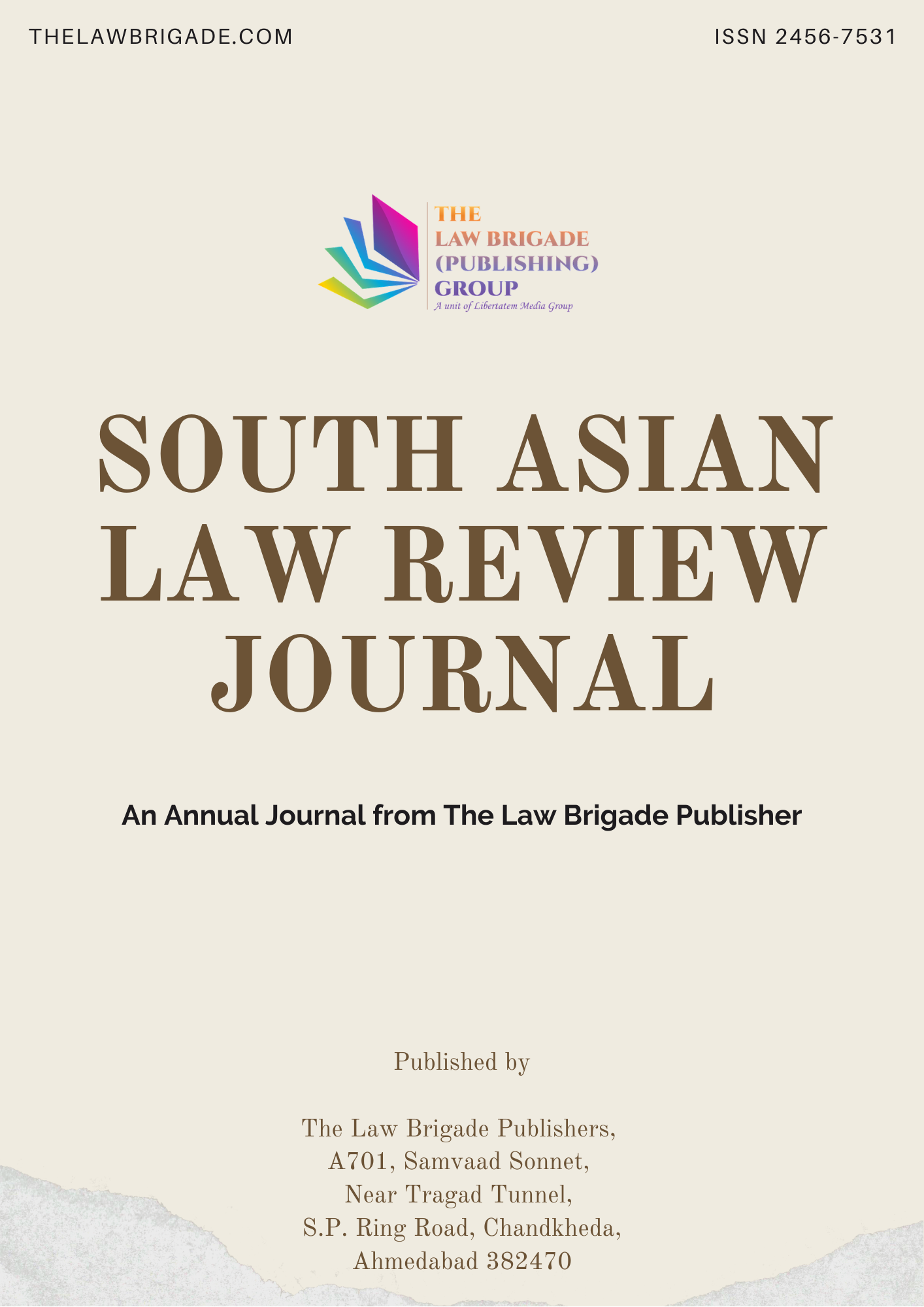During the 8th DR. L.M. Singhvi Memorial Lecture in New Delhi, CJI Chandrachud asserted that the Indian Constitution is a feminist document and a true product of Indian imagination. In recent years, there has been a growing demand for constitutional principles that reflect the ideas of participatory constitutionalism, encompassing democratic, cultural, and political notions. [i]The underlying concept behind constitution-making is that its authority must stem from the people, based on the principle of popular sovereignty, where the ultimate political authority involves and relies upon the citizens of the country. “Constitutionalism” [ii]itself provides legitimacy and serves as a natural corollary to the fundamental governance of a democratic nation. It encompasses various principles, including popular sovereignty, an independent judiciary, gender rights, and the rule of law. Constitutionalism ensures that the idea of democracy does not lead to the violation of fundamental rights or the oppression of minority groups in society. Moreover, Transformative constitutionalism[iii] goes beyond merely safeguarding rights or controlling the power of fundamental rights. It seeks to bridge the gap by linking the constitutional text with the social and political progress in a society. Transformative constitutionalism embraces principles such as equality, fraternity, and dignity, thereby striving to eliminate discrimination based on caste, sex, gender, color, place of birth, and other factors.
[i] Abraham Thomas, Dr LM Singhvi Memorial Lecture: Doctrine of separation of power fundamental to our governance, The Hindustan Times, Dec 3, 2022.
[ii] Alok Pandey and Amit Pandey, Constituionalism and Democracy, The Daily Guardian, April 21, 2022.
[iii] Available at https://www.nls.ac.in/course/transformative-constitutionalism-22-23/





